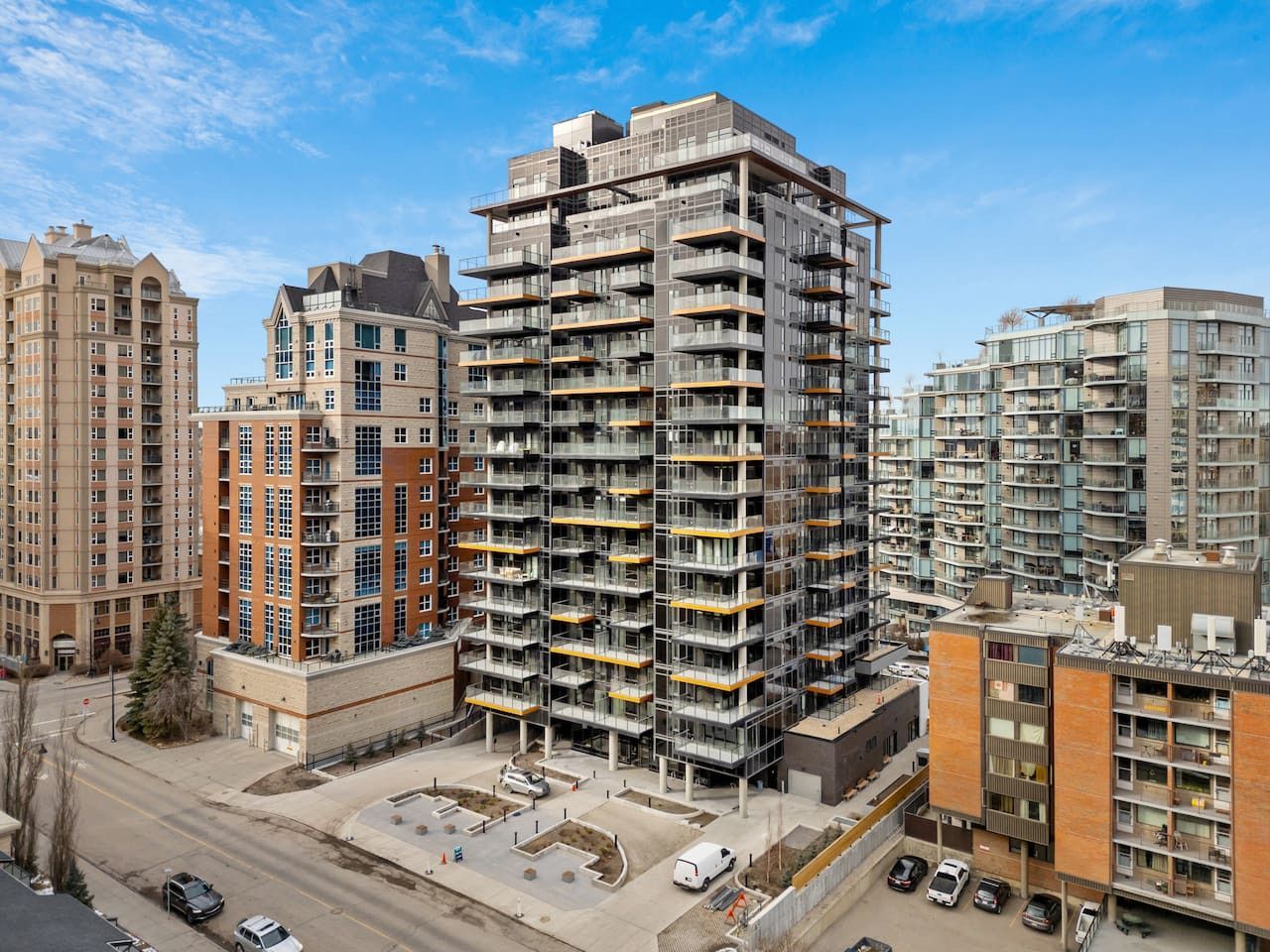Staying Compliant: Key Landlord-Tenant Regulations for Alberta Property Owners
If you’re a landlord in Alberta, you must know the law cold. One missed deadline or misfiled notice can land you in hot water with a tenant, the Residential Tenancy Dispute Resolution Service (RTDRS), or worse, in court.
Keep reading to learn how to comply with Alberta’s landlord-tenant regulations without memorizing legal codes.

What Is the Residential Tenancies Act?
The Residential Tenancies Act (RTA) outlines precisely what landlords and tenants can and can’t do regarding
rental housing in Alberta. It governs residential properties such as apartments, houses, basement suites, and mobile homes, but doesn’t cover commercial leases or room-and-board setups that provide meals and care.
Landlord and Tenant Responsibilities in Alberta
As a landlord, you're responsible for:
- Providing a safe, habitable property
- Following the rules around rent, deposits, and entry
- Giving proper notice before entering or ending a tenancy
Tenants, in turn, must:
- Pay rent on time
- Keep the unit reasonably clean
- Do not disturb neighbours or damage the property
Changes to landlord-tenant regulations in Alberta happen more often than you’d think. Subscribe to government updates or join local housing groups to stay ahead of the curve.
Where Alberta Landlords Slip Up Most
Security deposit laws in Alberta are strict. There are limits on how much you can charge, and you can’t hold onto the deposit for general upkeep like “future carpet cleaning.”
- Maximum deposit: Equal to one month’s rent, no more
- Where it goes: Into a trust account
- When to return it: Within 10 days of the tenant moving out, unless there’s damage or unpaid rent. Then, you must provide a statement of deductions
Rent increases? If you're on a month-to-month lease, you can raise rent only
once every 12 months, and you must give at least
three full months’ notice. For fixed-term leases, you can’t increase rent until the term ends, and only if you set that expectation in writing.
Evictions and Notice Periods
Landlords often fumble evictions not because they’re wrong, but because their paperwork is.
Here’s the breakdown:
- Fixed-term leases: These end automatically on the stated date unless renewed. No notice is required unless the lease says so.
- Month-to-month tenancies: Require three full months’ notice to end without cause
If you're evicting for a legal reason, like non-payment of rent, property damage, or illegal activity, you can give a 14-day notice. Just be sure to document everything. A verbal warning won’t stand up if the tenant fights back.
Dispute Resolution in Alberta
The Residential Tenancy Dispute Resolution Service (RTDRS) exists to help landlords and tenants settle issues quickly and inexpensively.
Filing is simple, and hearings often happen within weeks. It’s a landlord’s best friend when you want to act fast and do things legally.
Stay Ahead, Stay Protected
If you're feeling the weight of Alberta’s rental regulations, remember that understanding the rules can lead to clarity and confidence.
Many property owners lean on Aisling Baile for exceptional rental properties and expert guidance on managing them correctly. We help you stay compliant, avoid the common traps, and run a rental that works for you and your tenants.
Questions? Let’s Talk



